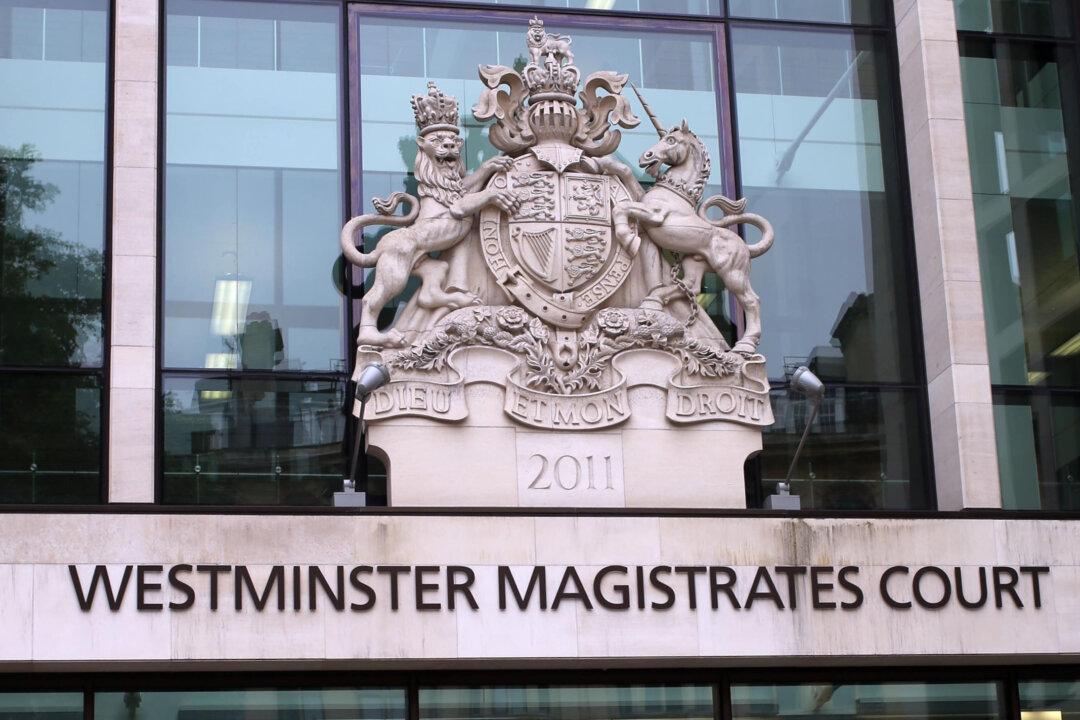Prosecution of the least serious offences, such as for speeding and TV licence fee evasion, must not be held behind closed doors to avoid a “fast-track” process, the Magistrates’ Association has said.
The Magistrates’ Association argued that the SJP allows for “speedier justice” but risks leaving insufficient time for magistrates to properly review any mitigating circumstances.
The eight-page report outlined concerns that prosecutors don’t review mitigation statements explaining the reasons for the offence. The SPJ also risks pursuing cases that are not in the public interest. This includes offences where the defendant is vulnerable.
“For example, somebody might genuinely believe that their car is insured, but the direct debit might have been inadvertently cancelled and their insurance has been cancelled—this still constitutes an offence even though the offender does not have a guilty state of mind,” the report explained.
Prosecutors should be required to see all pleas and mitigations before the cases are heard by the magistrate, according to one of the recommendations.
Transparency and Engagement
The way the SPJ operates should be more transparent and allow accredited journalists to observe the sittings, the magistrates said.“Journalists should be able to see short explanations from magistrates where the magistrate has deviated from sentencing guidelines. This will in turn help the public to understand why a particular decision has been made,” the report said.
The 12-point plan would also include improving defendant engagement.
Part of the SPJ process is the right of prosecutors to try defendants in absence if they don’t respond to court letters. Defendants in lower-level offence cases can also be can be convicted even if they were genuinely ignorant of factors that made their acts or omissions criminal.
Absence of legal representation, poor communication skills, and excessive legal jargon can discourage defendants from engaging. The report recommended that the paperwork sent to defendants should be “simpler and easier to understand.”
It also advised reducing the requirements to fill in numerous forms in the process.
The report called for more data on the SPJ to be published. This includes information on how many defendants plead guilty, how many make no pleas, how many ask to come to court, and how many subsequently attend.
Recalibration
According to the latest figures, more than 3 million cases were received by the SJS between April 2019 and the end of September 2023. Defendants can plead online and the plea can be added to the case on the same day it’s entered.While this reduces the time it takes to resolve each case, the Magistrates’ Association has warned that the SPJ should not be seen as a “fast-track” or “justice-light” process.
Justice Secretary Alex Chalk has suggested a system allowing certain offences to be prosecuted behind closed doors needs an overhaul.
“On the single justice procedure, fairness is non-negotiable so it is absolutely critical that every person who comes before the court—whether it’s via the SJP or open court—gets that fairness. I do think there is an issue about transparency,” Mr. Chalk told MPs on Tuesday.
The government should look at “recalibrating” and “refining” the SPJ procedure in the “interests of promoting transparency,” Mr. Chalk added.







